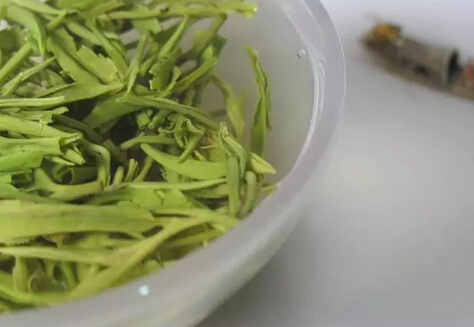Many tea enthusiasts often ask whether certain teas can be boiled and if boiling enhances the flavor. While boiling tea has its benefits, such as maximizing antioxidant levels, it's a more complex process compared to steeping. Not all teas are suitable for boiling. Generally, aged teas like black tea, aged white tea, ripe pu-erh, and aged tieguanyin are better suited for boiling. This article explores the types of teas that can be boiled, their characteristics, and the best methods to prepare them.
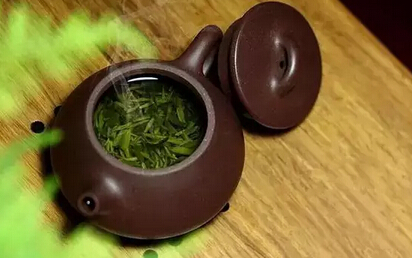
Research shows that boiling tea for five minutes maximizes the concentration of antioxidants, which can absorb harmful substances. Drinking tea boiled for five minutes increases antioxidant levels in the blood by 45%. However, boiling tea for longer doesn't increase beneficial compounds and may reduce them. Adding milk to tea doesn't affect its antioxidant properties. While boiling tea is beneficial, not all teas are suitable for it.
Generally, aged teas like black tea, aged white tea, ripe pu-erh, and aged tieguanyin are better suited for boiling.
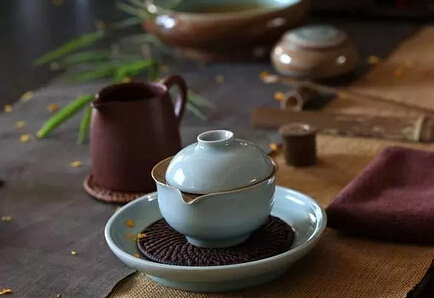
1. White Tea
White tea is lightly fermented, made from tender buds and leaves with white hairs, dried naturally or by gentle heat. It has a silvery-white appearance and a fresh, mild flavor. White tea can be boiled or steeped, and it pairs well with simple, natural pottery teaware.

2. Black Tea
Black tea is fully fermented, made from coarse leaves that undergo prolonged fermentation, resulting in a rich, mellow flavor and dark brown liquor. It can be steeped or boiled. Earthenware teapots enhance its earthy aroma and complement its deep flavor.
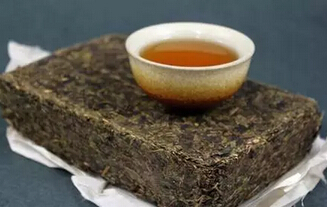
3. Oolong Tea
Oolong tea is semi-fermented, combining the robustness of black tea with the freshness of green tea. It's best brewed in purple clay teapots, which soften its bold character. Oolong can be boiled briefly but not for too long, as it may become overly strong.
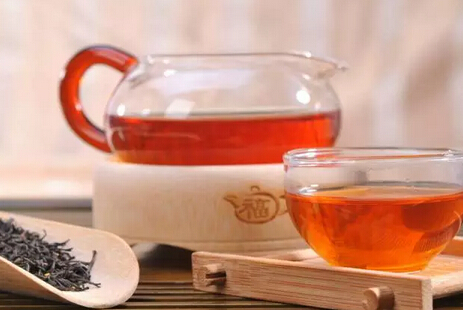
4. Pu-erh Tea
Pu-erh tea, a type of black tea, is named after its origin in Pu-erh County. It comes in raw and ripe varieties, with the latter being more suitable for boiling. However, experts recommend steeping pu-erh rather than boiling it, as boiling can make it too strong and affect its flavor. Only aged ripe pu-erh and "lao cha tou" (tea nuggets) are suitable for boiling, and even then, only for 3–5 minutes.
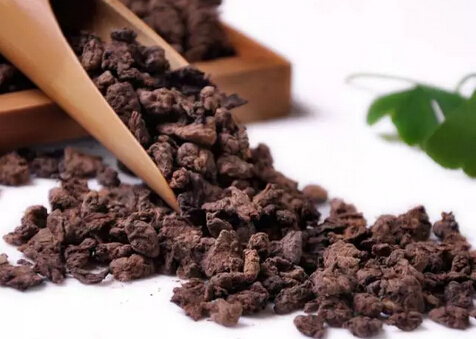
5. Green Tea
Green tea is known for its fresh, delicate flavor and bright liquor. It requires careful brewing with water at 80°C–90°C to preserve its vitamin C and avoid bitterness. Boiling green tea is not recommended, as it can ruin its delicate taste and waste the tea's quality.
